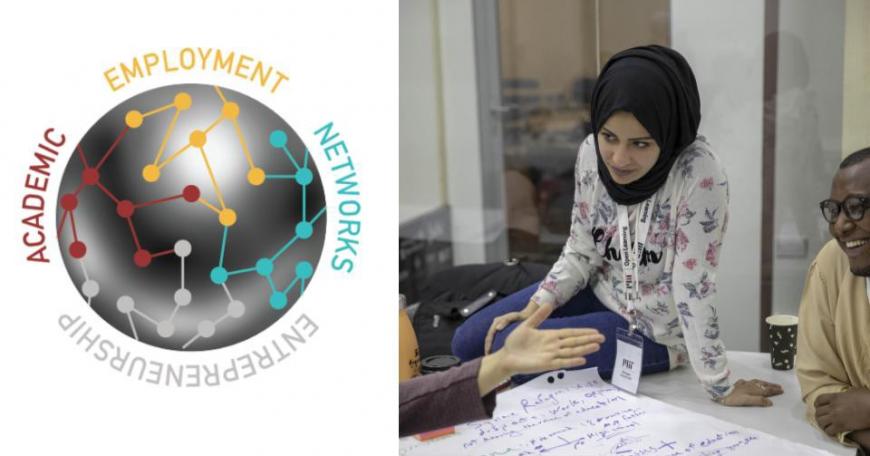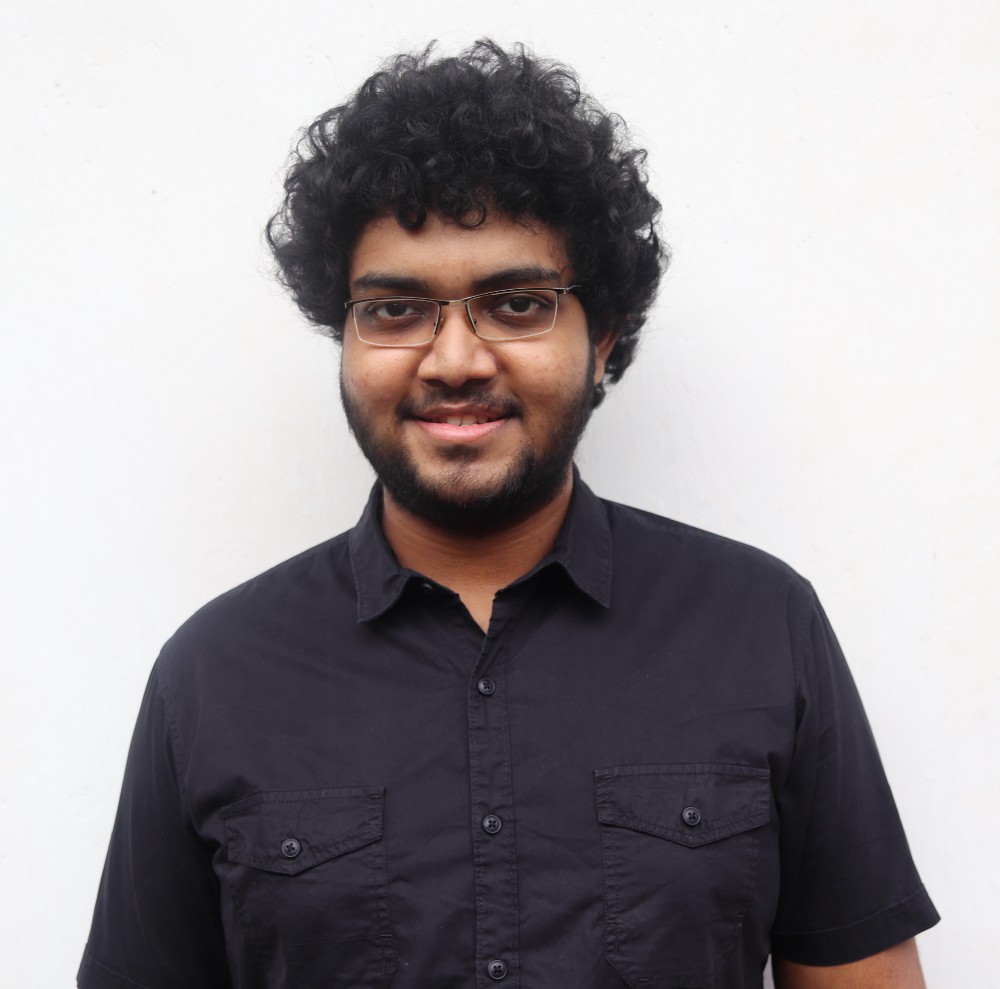
Toward accessible education for everyone
Experiential Learning with MIT ReACT
I’m Shenal Kotuwewatta. I was born and raised in Sri Lanka, and I’m currently a sophomore at MIT majoring in Computer Science and Engineering. This fall I’ve been working as a Program Assistant at the MIT Refugee Action Hub (ReACT) as part of the MIT Experiential Learning Opportunity.
I have long been interested in solving the problem of accessible education; I believe that the best way to lift families and communities out of poverty is to provide comprehensive education and vocational training to support their livelihood. In the fall of my freshman year, I took the class “The Challenge of World Poverty” which dived into these topics in detail; how communities tend to get stuck in generational poverty and lack of education. With the advent of technology and quickly growing internet infrastructure, the education landscape is changing rapidly, and it is becoming easier to provide access to education to disadvantaged communities.
Earlier this year, I founded Radian Education, an MIT Sandbox-backed startup focused on bringing affordable computer science education for high school students in my home country. Through this, I was able to gain a good understanding of optimal methods to deliver education remotely. Even though I had no prior experience in working with refugee programs, I was excited at the opportunity to join MIT ReACT, as it would allow me to gain broader insight into refugee education and to get directly involved with making ReACT’s mission a reality.
Even within the broader underserved community, refugees tend to face a unique set of challenges that makes it harder for them to access proper education and employment. In addition to dire financial situations, they also face bureaucracy in the form of inability to get work permits or to enroll in schools, discrimination, and the constant fear of further displacement or deportation. All these factors combined makes it an uphill battle for refugees to receive education, and as such has become a problem deserving extra attention from the international community.
MIT ReACT’s Certificate in Computer and Data Science is a yearlong online program that blends academics, entrepreneurship, skills development, and experiential learning through online courses, workshops, and bootcamps, culminating in a paid internship. The most recent ReACT cohort consists of 50 learners selected from over 700 applicants. This diverse group of learners spreads across multiple continents and includes refugees with a wide range of interests, goals, and educational backgrounds. In my role as program assistant, I am involved in designing workshops that will teach them soft skills intended to complement their ReACT education. Working with our learners is providing me with a valuable and close perspective into the life of refugees; how they are pursuing their education while battling the hardships posed by their refugee status. Moving forward, I hope to continue to have more direct interaction with the learners through teaching and mentoring, allowing me to better understand the needs of learners and use my experience towards the goal of making education accessible for everyone.

Since joining ReACT, I have been able to gain more context into the opportunities and challenges experienced by refugees all over the world, and also on the current humanitarian programs being conducted on refugee education. The opportunities and rights afforded to refugees vary widely by their host country and as such, a number of different approaches must be taken to ensure that refugees receive access to education and gainful employment regardless of their social context.
I’m really glad to be part of MIT ReACT, and I commend MIT for taking this step towards facilitating refugee education. I hope that the program will be a life-changing, memorable, and fun experience for all our learners, and am looking forward to getting to know them better over the coming months.

